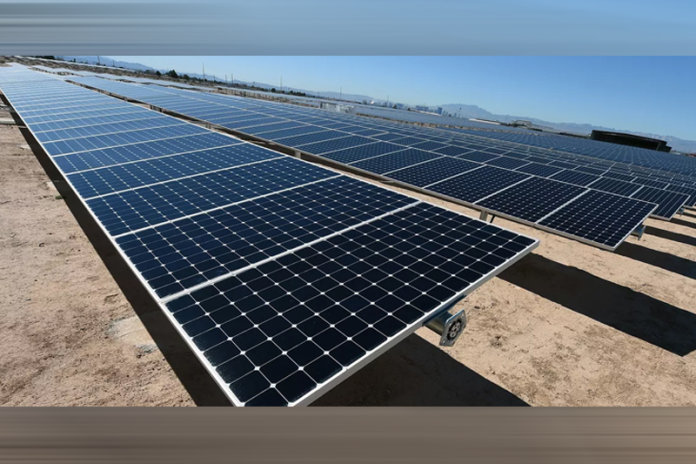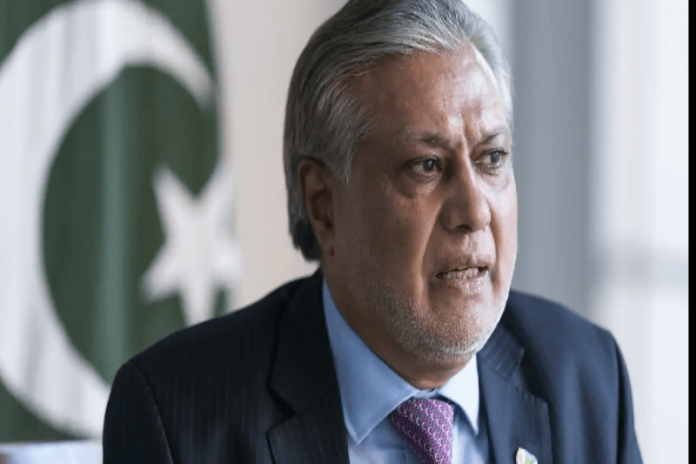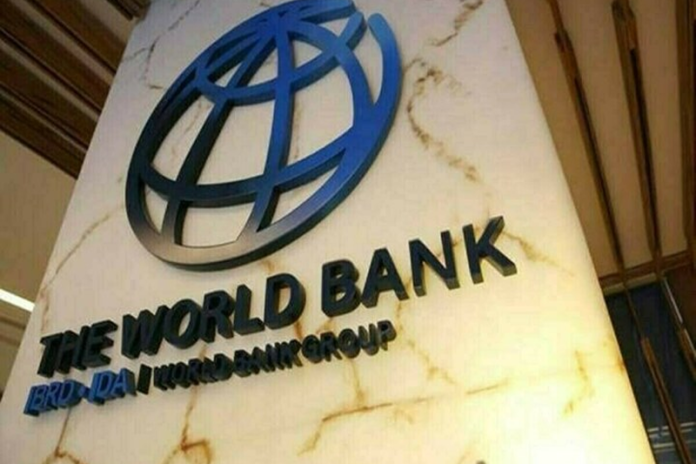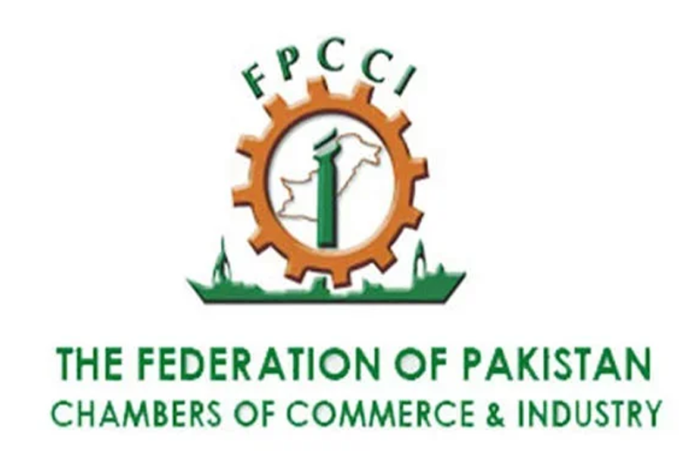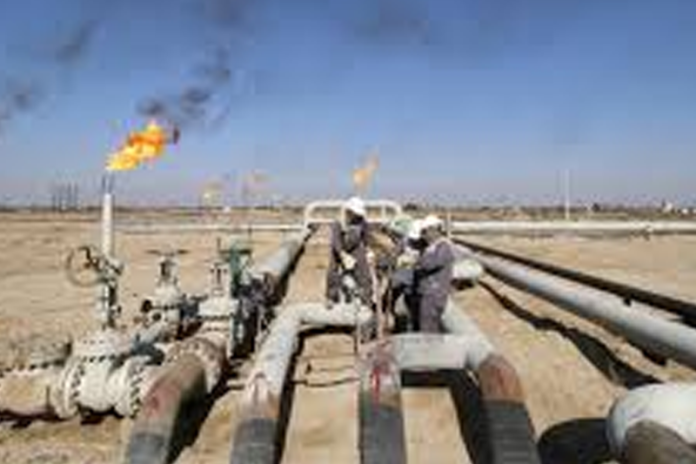Advancing connectivity: modernization of Pakistan's telecommunication infrastructure
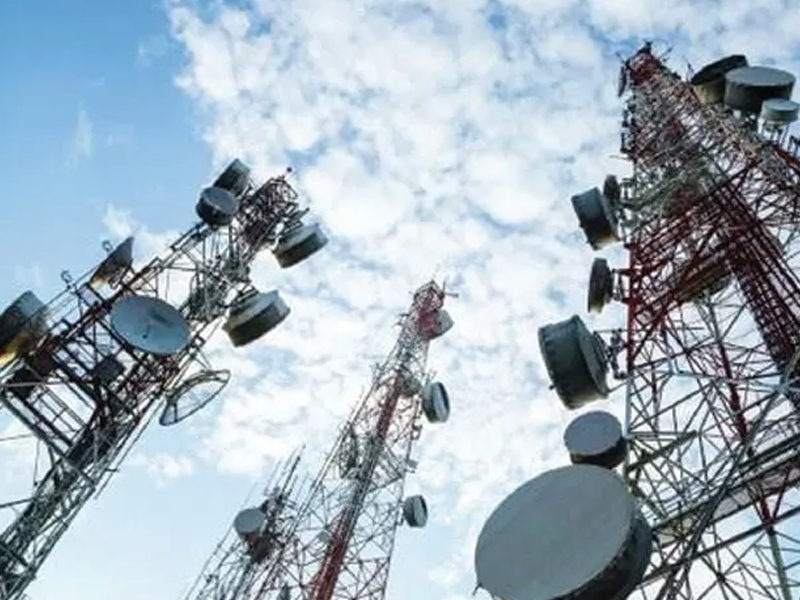
- 236
- 0
In today's interconnected world, the vitality of robust telecommunication infrastructure cannot be overstated. As nations strive to compete and progress in the global arena, the modernization of telecommunication infrastructure emerges as a cornerstone of socio-economic development.
Pakistan, with its burgeoning population and rapidly evolving technological landscape, stands at a pivotal juncture in reshaping its telecommunication infrastructure to meet the demands of the digital age.
Over the past few decades, Pakistan has witnessed significant strides in the realm of telecommunication. From the advent of mobile phones to the proliferation of high-speed internet, the country has experienced a paradigm shift in communication technologies. However, to sustain this momentum and foster continued growth, a concerted effort towards modernization is imperative.
The modernization of Pakistan's telecommunication infrastructure encompasses a multifaceted approach, addressing various aspects ranging from network expansion to technological innovation. At the forefront of this endeavor is the expansion of broadband connectivity, which serves as the backbone of digital transformation. Recognizing the transformative potential of broadband, initiatives such as the National Broadband Policy have been launched to accelerate the deployment of high-speed internet services across urban and rural areas alike.
Furthermore, the deployment of next-generation technologies, such as 5G, holds immense promise in revolutionizing communication networks. By offering unparalleled speed, reliability, and connectivity, 5G technology has the potential to unleash a wave of innovation across sectors, from healthcare to agriculture. In this regard, collaborations with global industry leaders and investment in research and development are instrumental in ensuring the timely adoption of 5G technology in Pakistan.
Moreover, the modernization of telecommunication infrastructure extends beyond connectivity to encompass cybersecurity, regulatory frameworks, and digital literacy. As the digital landscape becomes increasingly complex, safeguarding against cyber threats and ensuring data privacy are paramount. Equally important is the establishment of clear regulatory frameworks that foster innovation while safeguarding consumer rights and promoting healthy competition within the industry.
Additionally, bridging the digital divide through targeted initiatives aimed at enhancing digital literacy and accessibility is crucial. Particularly in rural and underserved areas, initiatives such as digital skills training programs and the establishment of community access centers play a pivotal role in enabling inclusive growth and empowering marginalized communities.
Furthermore, partnerships between the public and private sectors are vital in driving the modernization agenda forward. By leveraging the expertise and resources of both sectors, synergies can be harnessed to overcome challenges and accelerate progress towards a digitally inclusive Pakistan.
In conclusion, the modernization of Pakistan's telecommunication infrastructure is not merely a technological imperative but a socio-economic imperative. By embracing innovation, fostering collaboration, and prioritizing inclusivity, Pakistan can position itself as a regional leader in telecommunications and unlock new opportunities for growth and development in the digital age. As the nation embarks on this transformative journey, it must remain steadfast in its commitment to building a connected, resilient, and prosperous future for all its citizens.
Published in The Daily National Courier, February, 13 2024
Like Business on Facebook, follow @DailyNCourier on Twitter to stay informed and join in the conversation.













